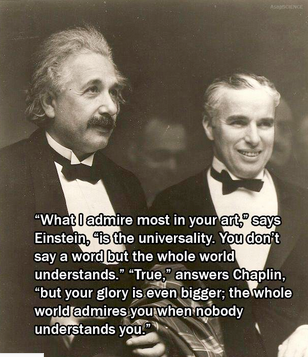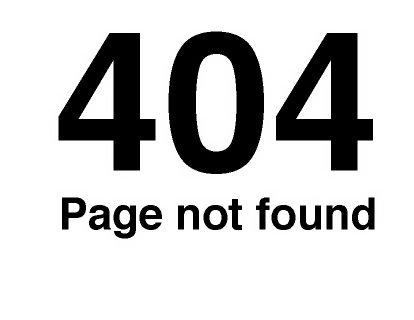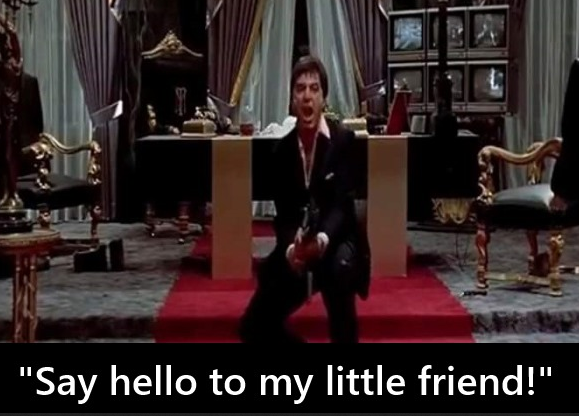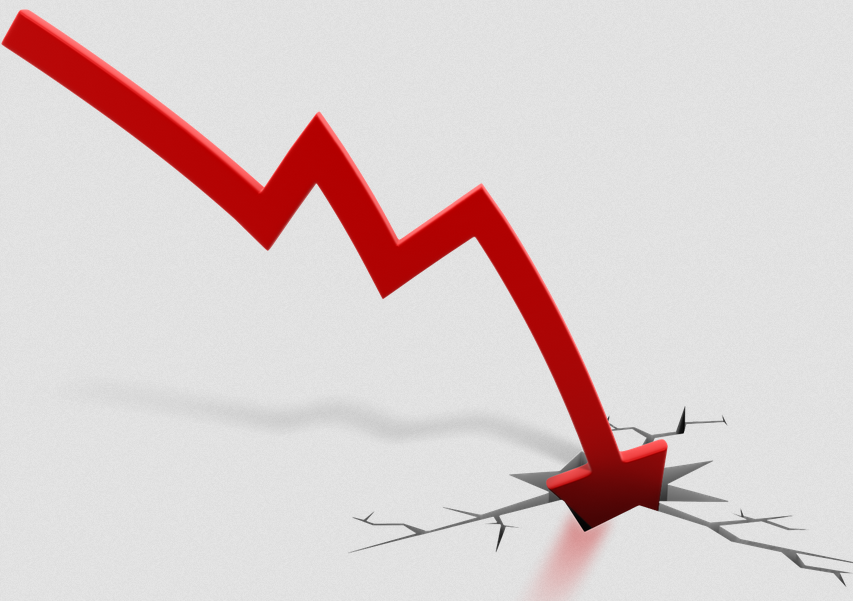Life After Google Has a Solid Foundation
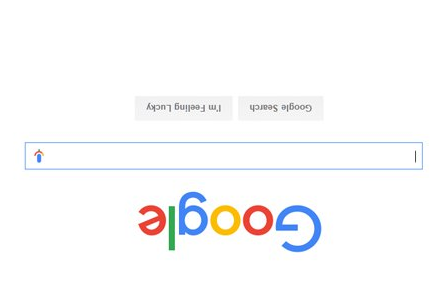
Google, et al, testified in Washington last week before the Senate Commerce Committee over issues ranging from election meddling to transparence. Apple, Amazon, Google and Twitter, alongside AT&T and Charter, were all there. In case you were distracted by yet another Senate hearing that was taking place, Ex-Google Employee Urges Lawmakers to Take On Company. Said The New York Times, “In a harshly worded letter sent this week, the former employee, Jack Poulson, criticized Google’s handling of a project to build a version of its search engine that would be acceptable to the government of China. He said the project was a “catastrophic failure of the internal privacy review process,” adding that ‘that there is a “broad pattern of unaccountable decision making.”
“We acknowledge that we have made mistakes in the past, from which we have learned, and improved our robust privacy program,” Keith Enright, Google’s chief privacy officer, said in his opening statement.
